The Food and Resource Economics (FRE) program combines economics, data analysis, business, and physical sciences to provide students with a unique set of interdisciplinary skills. Throughout the program, you’ll explore how economic policy impacts international food markets, biodiversity conservation, and sustainable food systems in a changing climate. Students will combine economic and business models and the analysis of relevant data to address real world food challenges.
If you are a second-year entry student who registered before Winter 2024, please visit the restricted electives page for further course details.
Majors Offered
Explore the majors offered in the Food and Resource Economics program at UBC. For each major, you’ll find a brief summary of what’s involved, some courses you might take as part of your studies, career possibilities for when you graduate, and links to alumni who are using their Food and Resource Economics degree in their careers.
Meet the Instructors
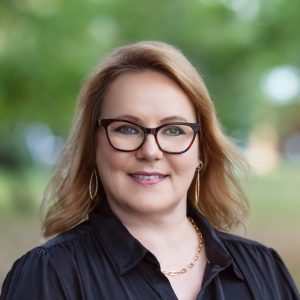
Karen Taylor
Lecturer, Food and Resource Economics
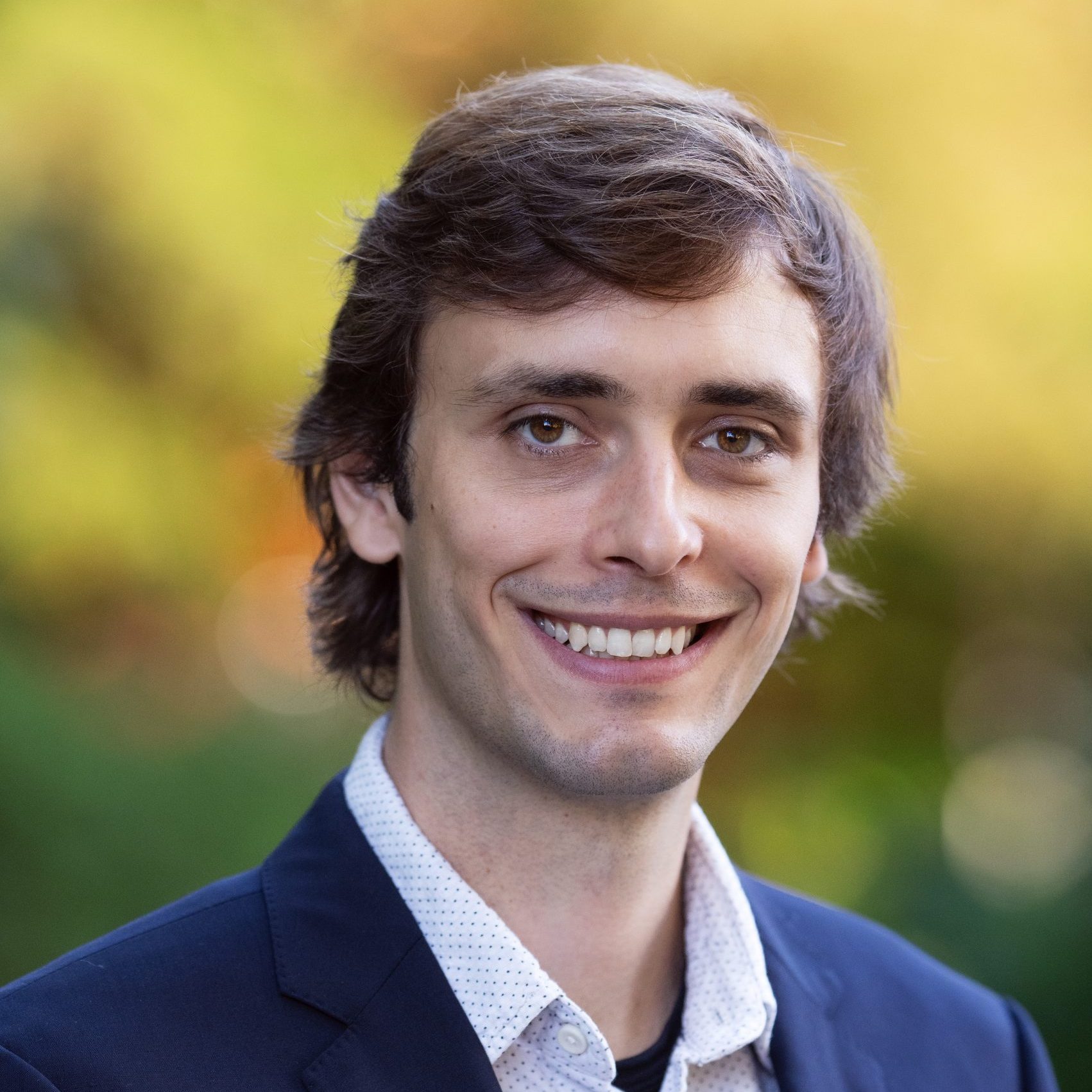
Jonathan Proctor
Assistant Professor, Food and Resource Economics
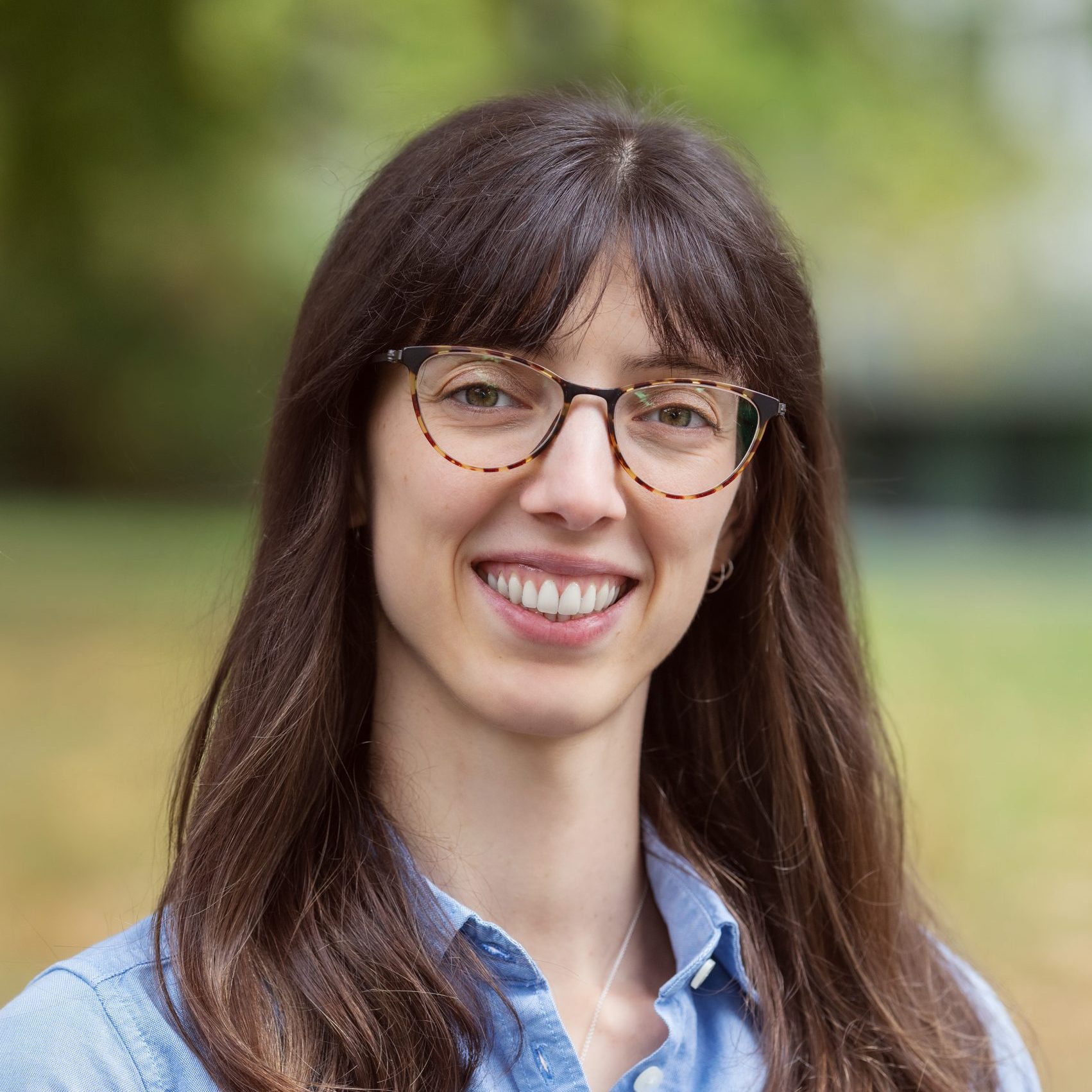
Joséphine Gantois
Assistant Professor, Food and Resource Economics (joint appointment with UBC IRES)
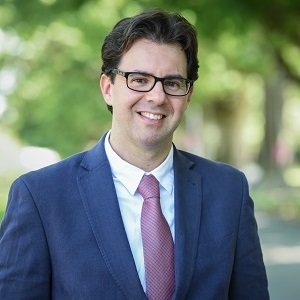
Matias E. Margulis
Associate Professor, Food and Resource Economics (jointly appointed with the School of Public Policy and Global Affairs)
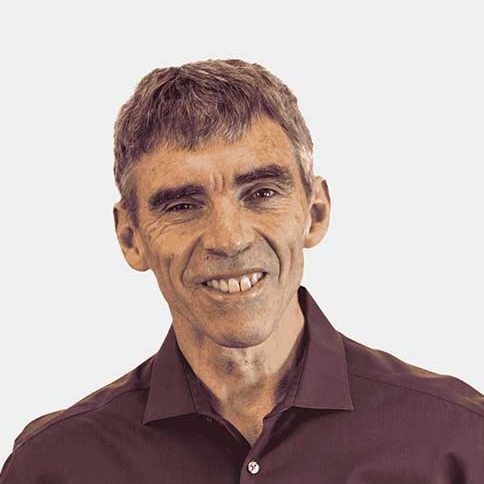
James Vercammen
Professor, Food and Resource Economics (jointly appointed with the Sauder School of Business)
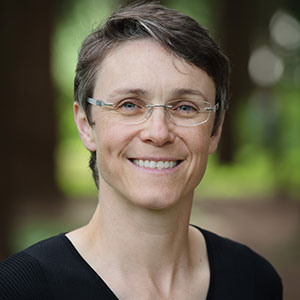
Carol McAusland
Professor, Food and Resource Economics Food and Resource Economics Program Director
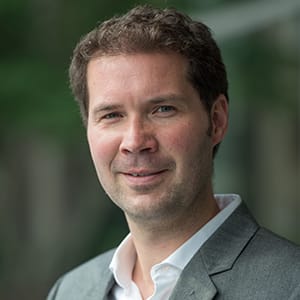
Frederik Noack
Associate Professor, Food and Resource Economics
Canada Research Chair (Tier 2) in Environmental Economics
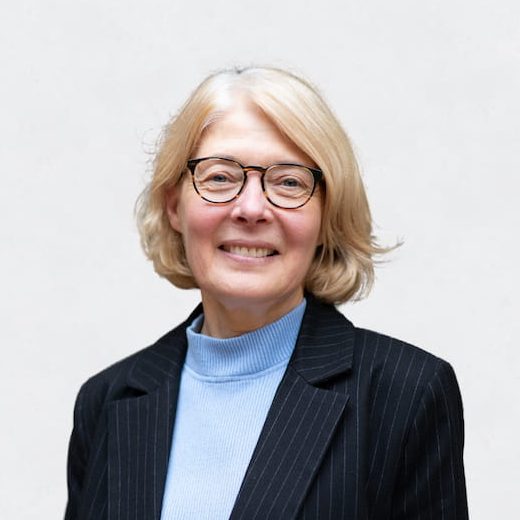
Kelleen Wiseman
Master of Food and Resource Economics (MFRE) Academic Director
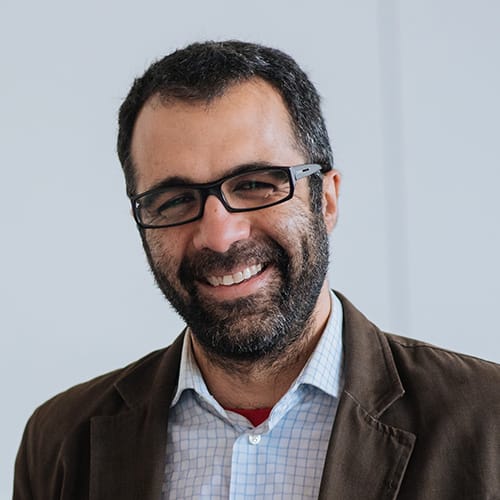
Sumeet Gulati
Professor, Food and Resource Economics
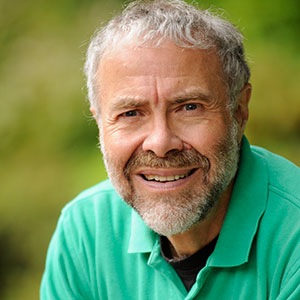
Richard Barichello
Professor, Food and Resource Economics
Meet Our Community
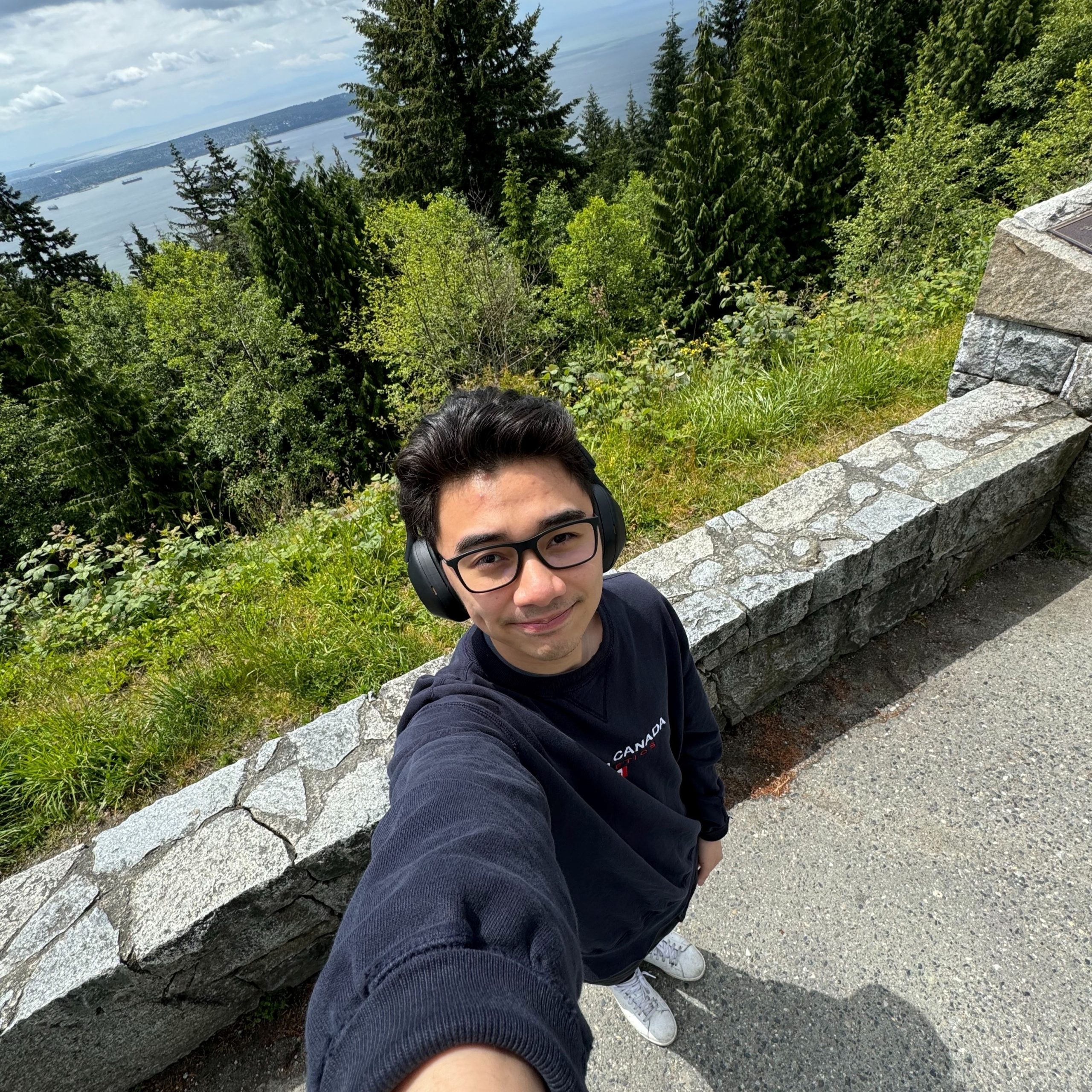
Tuan Hoang
Data Analytics
About Pronouns Program Major Hometown Redefining Success Through a Non-Linear Journey Tuan is a sixth-year student in the Food and Resource Economics program. He started in the Food, Nutrition and Health program, but after his third year, he realized his passion lay in the economic and policy side of food systems. In his third year, […]
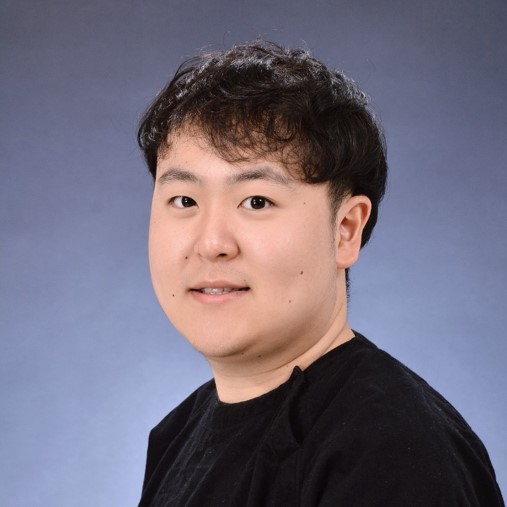
Chang Che
Chang Che earned his Bachelor of Science in Food and Resource Economics in 2024. His goal while in the program was to work in public policy. In 2023, he travelled to Indonesia with a small cohort of UBC students to take part in Go Global’s LFS 303: International Field Studies in Policy Analysis for Agriculture and Natural Resources.
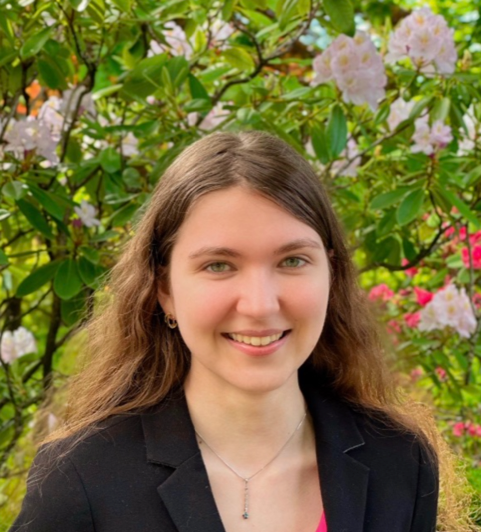
Sasha Dobisz
Class of 2023: Sasha Dobisz (BSc Food and Resource Economics) How did you hear about LFS at UBC? I heard about LFS from a friend who started at UBC one year before I began applying to universities. I was looking for a program that combined my interests in science with business and economics, and they […]


